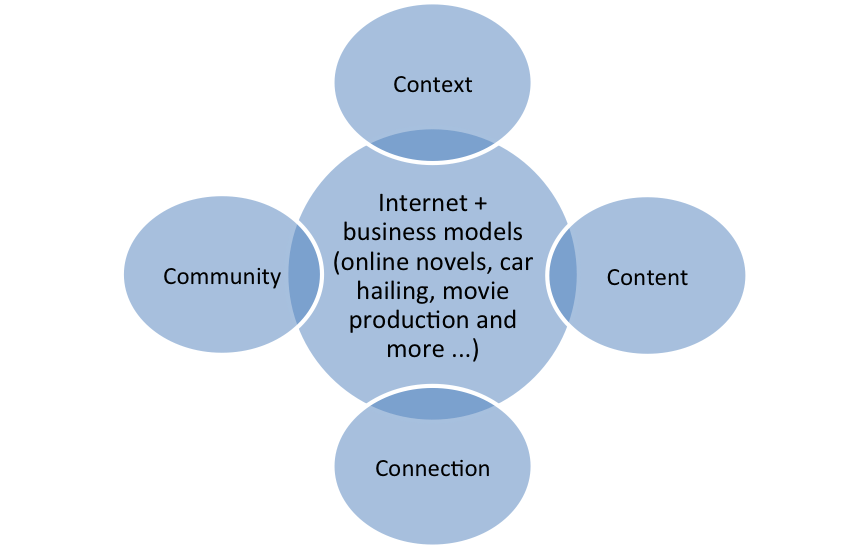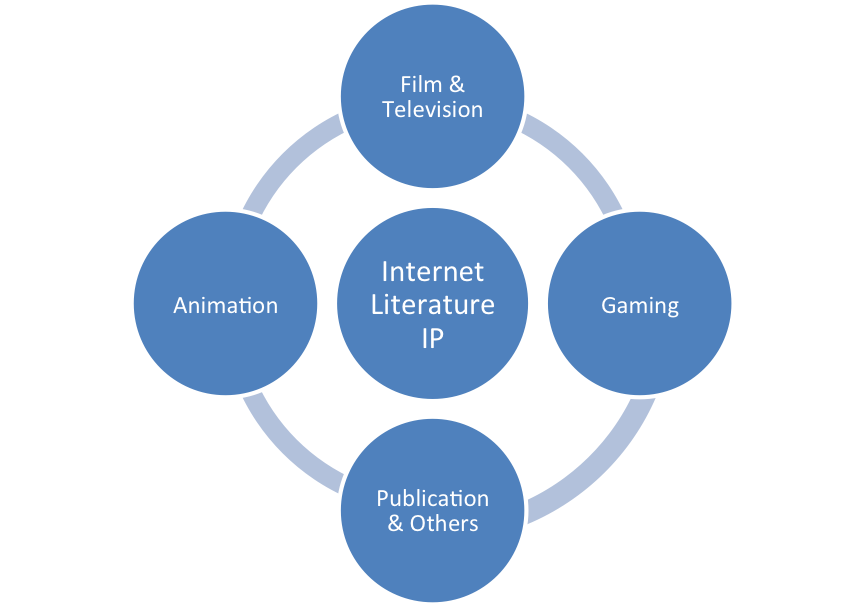
China’s middle class group is already the size of the US population and is expected to double within seven years. In addition to its large population size and significant disposable income, this new middle class is also characterised by its quick adoption of mobile applications in their everyday activities.
According to CNNIC (China Internet Network Information Center) data, at the end of 2015, China had 688 million internet users, and the number of mobile internet users reached 620 million, accounting for 90.1 per cent of total internet users. For many people in China, especially in rural areas, their first internet experience is often mobile –instead of via a personal computer – the moment they start using a smartphone.
In other words, the Chinese population has transitioned directly to a mobile-first mobile-only era. Almost overnight, the world’s largest digitally-connected middle class went both mobile and multi-screen (smart phone, tablets, laptops and more), with huge implications for how consumers behave and what companies need to do to successfully compete.
One interesting example is “online literature”, which is a remarkable case illustrating how the internet and mobile devices have transformed one of the oldest activities of consumers: reading novels. The successful business models in the mobile era aim to seamlessly integrate the four “C”s: context, content, community, and connection (see Figure.1).
Figure.1: The four “C”s in the Mobile Economy

The unique feature of Chinese online literature is that most works are serialised novels that authors write and post in instalments (a new form of “content”). Every day, millions of young digital-reading users refresh their mobile apps, just to keep up with the latest daily updates of their favourite reads. For many people who do not have the time to read a book in hard copy, the novels on a mobile phone (a new “connection”) can be easily read whenever they have some spare time. Each serial instalment typically has a few thousand words, so the reading can be done at any “fragmented time” in between everyday errands, such as waiting in line at supermarkets or for public transportation (various “contexts”).
The instalment format also helps the literature websites to implement a pay-for-content mechanism. When authors start to build up large readerships, the online portals offer them contracts and move their works off the free domain. The sites arrange for the authors to write stories in instalments (typically with a total character cap for each post), and readers then pay a tiny fee equivalent to a fraction of US$ 0.01 to read each update, far cheaper than paying for hard copy versions from a book store. The development of mobile payment systems (another new “connection”) also make it convenient for readers to make small and repeating payments for their serial reading.
Figure 2: The Important Value of Internet Literature IP

In chat rooms and social networks, millions of fans actively comment on the story plots and discuss among themselves (a new “community”). Devoted fans of literary works are not only readers. They are also inclined to be loyal audiences of dramas and movies adapted from the literature, or players of games and fans of animation. Based on their online popularity among readers, many popular online novels have been adapted into traditional publishing, games, videos, and blockbuster movies. As such, internet literature is the base of IP (intellectual property) rights for a variety of derivative contents (see Figure 2).
As shown in the case of online novels, the mobile internet and social networks are making profound impact on productivity and growth in many parts of the economy. Similar disruptions are seen in numerous examples in the retailing, entertainment, media, and finance sectors. The international firms must follow closely the next phase of China’s economic evolution. For both multinational companies in China and any merchants thinking of bringing products to China, mastering mobile internet strategy and developing social network presence may well separate the winners from the rest of the pack.
♣♣♣
Notes:
- This blog post is based on the author’s book China’s Mobile Economy: Opportunities in the Largest and Fastest Information Consumption Boom (Wiley, 2016)
- The post gives the views of its author, not the position of LSE Business Review or the London School of Economics.
- Featured image credit: Mobile Chinese netizens, by Cory M. Grenier, under a CC-BY-2.0 licence
- Before commenting, please read our Comment Policy.
 Winston Wenyan Ma, CFA, is a Managing Director at China Investment Corporation (CIC), China’s sovereign wealth fund, for cross-border investments. He is one of a small number of native Chinese who have worked as investment professionals and practicing capital markets attorneys in both the United States and China. He is the author of “Investing in China: New Opportunities in a Transforming Stock Market (Risk Books, 2006). He was selected a 2013 Young Global Leader at the World Economic Forum (WEF) and in 2014 he received the Distinguished Alumni Award from New York University (NYU).
Winston Wenyan Ma, CFA, is a Managing Director at China Investment Corporation (CIC), China’s sovereign wealth fund, for cross-border investments. He is one of a small number of native Chinese who have worked as investment professionals and practicing capital markets attorneys in both the United States and China. He is the author of “Investing in China: New Opportunities in a Transforming Stock Market (Risk Books, 2006). He was selected a 2013 Young Global Leader at the World Economic Forum (WEF) and in 2014 he received the Distinguished Alumni Award from New York University (NYU).





